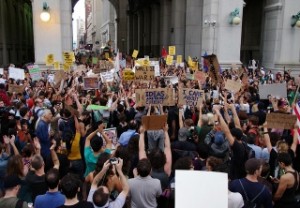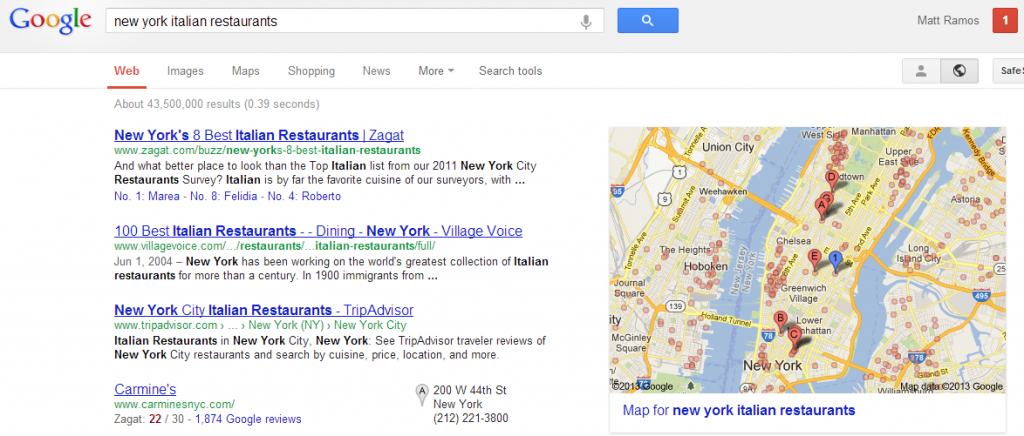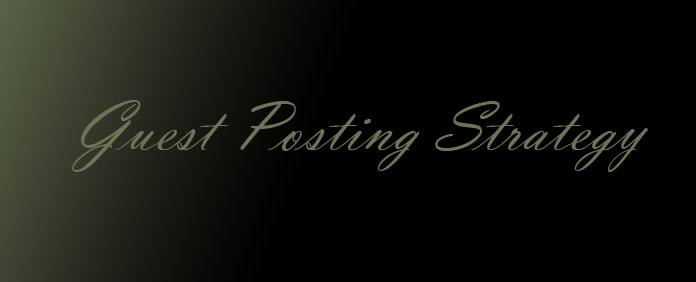
It has been a year now since Occupy Wall Street protesters took over New York’s financial district and many other Cities around the country to protest corporate greed and economic inequality. According to CBS News, the moment is still going, but has lost direction and momentum, stating:
“Though the movement gained in momentum through the following months of its inception with its throngs of animated participants, the movement has greatly lost momentum in recent months.” CBS News
Twitter apparently agrees to some extent. Being pushed by a deadline and threat of a heavy fine, this week, Twitter gave up that fight and handed over user information and past Tweets that were requested in a subpoena from January 2012. Twitter has been fighting in court to keep information from a protester named Malcom Harris private.
 Harris was arrested in October 2011 and charged with disorderly conduct after participating in an Occupy Wall Street protest on the Brooklyn Bridge. The courts wanted to access old and inaccessible tweets to try to prove Malcom Harris’ argument wrong when he said that police led protestors to the Brooklyn Bridge and then arrested them for blocking traffic.
Harris was arrested in October 2011 and charged with disorderly conduct after participating in an Occupy Wall Street protest on the Brooklyn Bridge. The courts wanted to access old and inaccessible tweets to try to prove Malcom Harris’ argument wrong when he said that police led protestors to the Brooklyn Bridge and then arrested them for blocking traffic.
When Harris originally found out that Twitter had been subpoenaed for his social network information, he filed a motion to try to stop the subpoena. A judge in April though decided that Twitter owned Harris’ old tweets, not Harris himself, and because of this fact the tweets could be obtained without a warrant.
In spite of the court’s ruling, Twitter decided that they in some ways sided with Malcom Harris. They filed their own motion to squash the original subpoena sighting Harris’ proprietary rights under the Fourth Amendment, the Stored Communications Act, and the Uniform Act to Secure the Attendance of Witnesses from Without a State in Criminal Proceedings.
Twitter of course is seeing further reaching implications from this case. In a World where rights and laws concerning the Internet and social networks are still developing, any precedent set by this and other cases could have ramifications for Twitter in years to come. Plus, privacy is important to Twitter and important to Twitter users.
What do you think? Was Twitter right in handing over the documents or should on-line privacy have prevailed?
Keeping you ahead of all the frequent changes in social media, visit Eric Wagner Marketing.
Pic: david_shankbone


